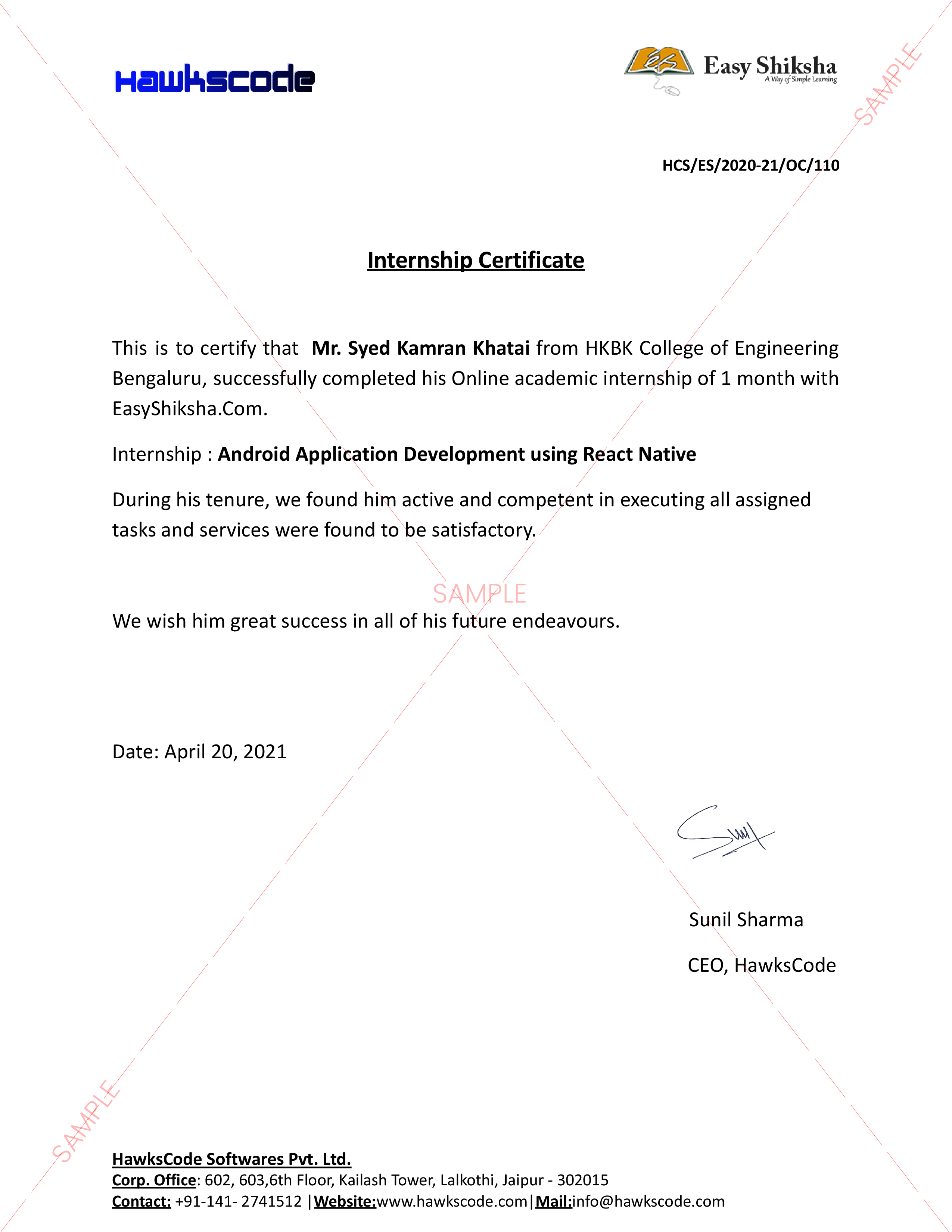September 13th, 2023: Climate experts project a decline in the frequency of future tropical storms but an increase in their strength across the Ganges and Mekong basins allowing for better future planning.
The Newcastle University-led team focused on the Ganges and Mekong basins and evaluated the simulation of tropical storms. Their analyses show an increase in tropical storms frequency up until the early 2010s but that climate models project a frequency decline of over 50% on average across both basins by 2050.
In contrast, the results from high resolution climate models show an increase in the future intensity of tropical storms for both basins, with the largest increases for the most intense tropical storms.
These findings can be used to assess the future resilience of existing infrastructure systems to tropical storms across these densely populated basins.
The team, involving scientists from the Met Office and the University of Reading, published their findings in the journal Geophysical Research Letters. The scientists used European Union Horizon 2020 project PRIMAVERA models, which are available at up to 25 km resolution. They also employed two storm tracking algorithms, TRACK and TempExt.
Study lead author, Dr Haider Ali, of Newcastle University’s School of Engineering, said: “Tropical storms are one of the world’s most damaging natural hazards which result in colossal socioeconomic losses to life, infrastructure and property, especially in low-lying delta rivers basins like the Ganges and Mekong.
“Knowledge of changes to tropical storms activity under climate change can therefore be helpful in developing better disaster risk mitigation and for climate adaptation. Previous modelling studies have used coarse-resolution global climate models unable to capture key tropical storm characteristics.
“In this study, we used finer resolution models and two different tracking algorithms to resolve a part of this uncertainty.”
Study author, Hayley Fowler, Professor of Climate Change Impacts, Newcastle University School of Engineering, added: “Our results are consistent with those found for tropical storms and Tropical Cyclones in the Atlantic Basin, where they also project an overall decline in frequency but an increase in the frequency of the most intense TCs. These systems cause massive impacts on society from high winds, rainfall and storm surges causing flooding. Quantifying these changes will allow us to better plan for future events.”

Implications for Climate Adaptation Policies
The Ganges and Mekong basins are two significant river systems in Asia that play vital roles in the lives of millions of people living in the region. The basins are essential for agriculture, water supply, and transportation.
However, both the Ganges and Mekong basins are highly vulnerable to the impacts of climate change, including changes in precipitation patterns, extreme weather events, and sea-level rise.
The authors say that developing our knowledge about the characteristics of future tropical storms is crucial in informing climate adaptation strategies to safeguard communities and critical infrastructure. They add that understanding changes to tropical storm activity in the future can support effective adaptation planning and risk assessment, particularly in densely populated low-lying delta rivers basins like the Ganges and Mekong.
ABOUT NEWCASTLE UNIVERSITY: Newcastle University, UK, is a thriving international community of more than 28,000 students from over 130 countries worldwide.As a member of the Russell Group of research-intensive universities in the UK, Newcastle has a world-class reputation for research excellence in the fields of medicine, science and engineering, social sciences and the humanities.Its academics are sharply focused on responding to the major challenges facing society today. Our research and teaching are world-leading in areas as diverse as health, culture, technology and the environment.Newcastle University is committed to providing our students with excellent, research-led teaching delivered by dedicated and passionate teachers.Newcastle University is ranked 110th in the QS World Ranking 2024 and Joint 139th in the Times Higher Education World University Ranking 2023.
This year educate yourself and develop your career with EasyShiksha

































































